Search

News & Events
New ten-year action plan on FASD provides welcome supportResearchers into fetal alcohol spectrum disorder (FASD) have welcomed the Federal Government’s announcement of a ten-year national action plan that will drive efforts to reduce the impact of FASD on individuals, families and communities.
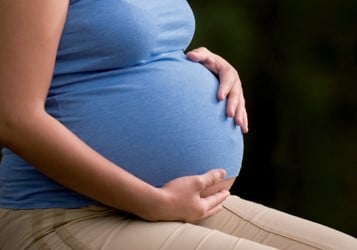
News & Events
Call for mandatory pregnancy health warning labelling on alcoholic beveragesPerth’s The Kids Research Institute Australia has welcomed the McGowan Government’s call today for the immediate implementation of mandatory pregnancy health warning labels.
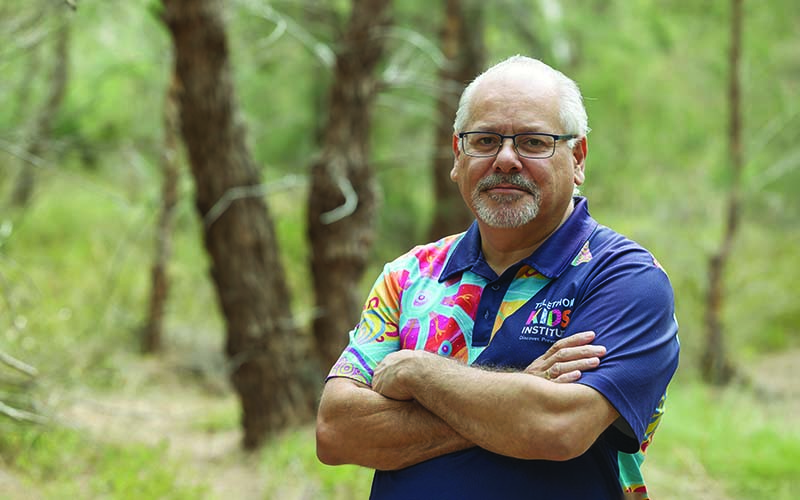
The Kids Research Institute Australia has been among a growing number of voices passionately advocating for an overhaul of the way young people in detention are managed in Western Australia.
Research
Fetal alcohol spectrum disorders screening tools: A systematic reviewScreening facilitates the early identification of fetal alcohol spectrum disorder (FASD) and prevalence estimation of FASD for timely prevention, diagnostic, and management planning.
Research
Fetal alcohol spectrum disorder and Aboriginal and Torres Strait Islander men: A discussion to be hadFetal alcohol spectrum disorder (FASD) is a lifelong disability of varying severity that occurs among individuals prenatally exposed to alcohol. Among Aboriginal and Torres Strait Islander (Indigenous) Australians, the effects of colonisation and ongoing racism could increase the risk of alcohol consumption during pregnancy.
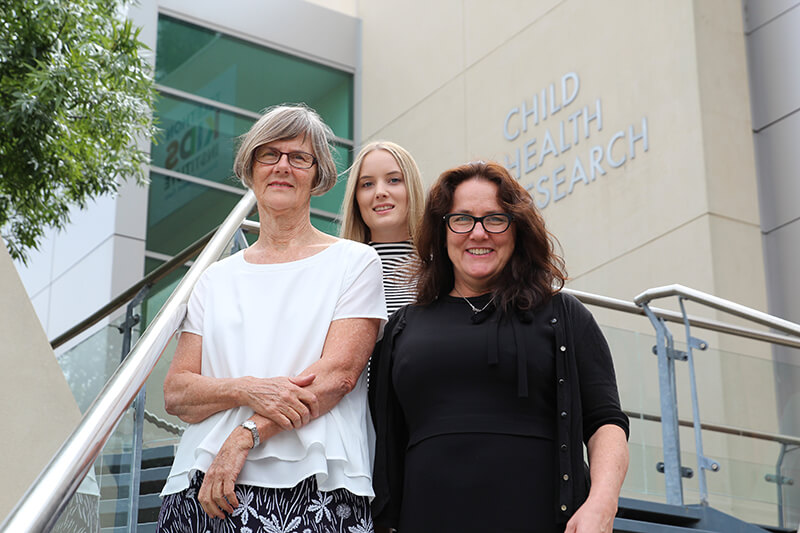
News & Events
Nine out of ten young people in detention found to have severe neuro-disabilityNine out of ten incarcerated youth examined by The Kids researchers as part of a ground-breaking study had some form of neuro-disability.
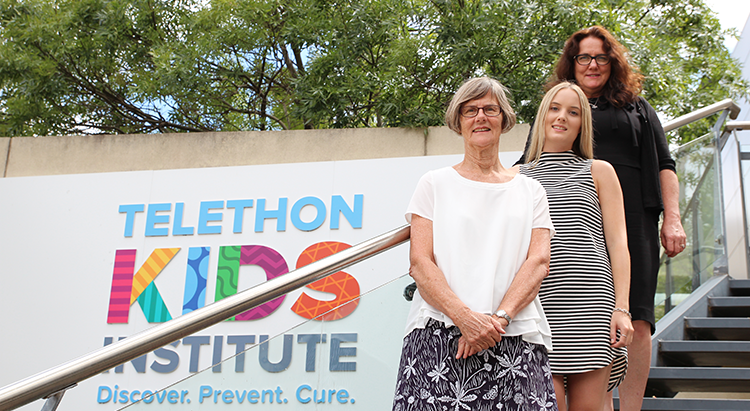
News & Events
Banksia Hill project a game changer for young people in detentionA ground-breaking The Kids Research Institute Australia study, which revealed that almost every young person being held in the Banksia Hill Detention Centre had some form of neuro-disability, has sparked concern and conversation across Australia and the world.
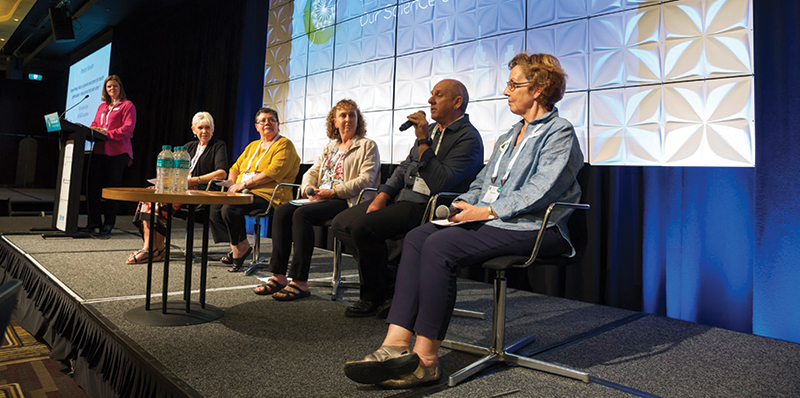
News & Events
FASD conference unites policy, science and lived experienceHeld every two years, the Australasian FASD Conference is a significant and unifying event for those in the Fetal Alcohol Spectrum Disorder sector.
Research
It takes a village: Influencing policy and practice to prevent alcohol use in pregnancy and promote better outcomes for individuals living with Fetal Alcohol Spectrum DisorderFetal Alcohol Spectrum Disorder is a neurodevelopmental disorder caused by exposure to alcohol in utero. It has pervasive, lifelong impacts and is recognised as a major public health concern in many countries where alcohol is used. The FASD Research Australia Centre of Research Excellence was funded by the National Health and Medical Research Council to generate and translate evidence to address prevention, diagnosis, and management of FASD in Australia.
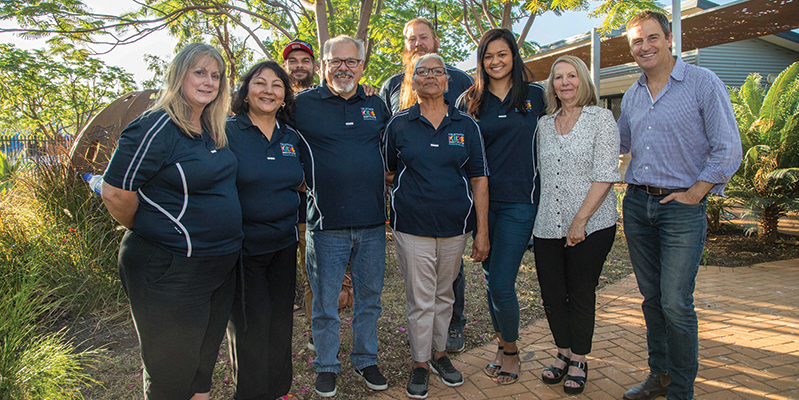
News & Events
Warajanga marnti warranja – together we walk on countryA $5 million commitment from BHP has allowed The Kids researchers and Aboriginal communities to make FASD history in the Pilbara.
